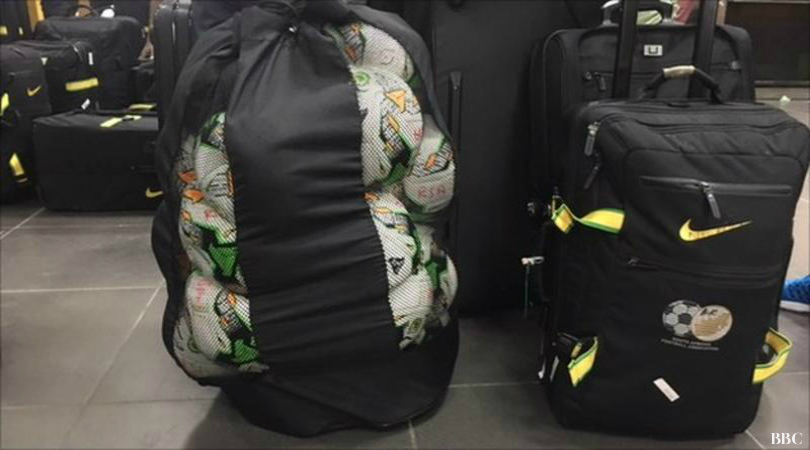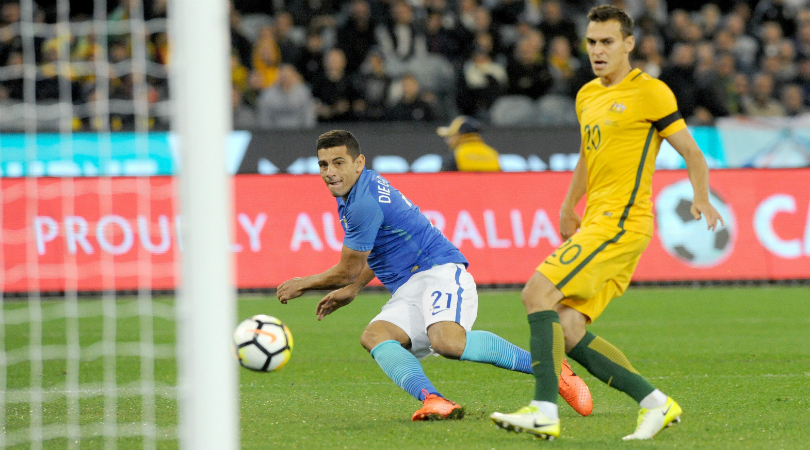Nigeria forced to borrow match balls in their defeat to South Africa
Nigeria are looking for some missing footballs in a debacle branded "a national disgrace" by one of their own

The best features, fun and footballing quizzes, straight to your inbox every week.
You are now subscribed
Your newsletter sign-up was successful
Want to add more newsletters?

Five times a week
FourFourTwo Daily
Fantastic football content straight to your inbox! From the latest transfer news, quizzes, videos, features and interviews with the biggest names in the game, plus lots more.

Once a week
...And it’s LIVE!
Sign up to our FREE live football newsletter, tracking all of the biggest games available to watch on the device of your choice. Never miss a kick-off!
Join the club
Get full access to premium articles, exclusive features and a growing list of member rewards.
South Africa made a bit of history as they beat Nigeria 2-0 in an Africa Cup of Nations qualifier on Saturday afternoon to record their first win over the Super Eagles in a competitive match.
However, according to the BBC, the match balls used in Uyo were ones that South Africa use for training. Why? because Nigeria's 250 balls are stuck in a port, awaiting official clearance.
One Super Eagles player reportedly branded the absence of the Nigeria balls a "national disgrace".
Back in January, CAF, the continent's governing body, sent 250 footballs to Nigeria for use in all Champions League, Confederation Cup and international matches. However, the balls were originally sent to the wrong address and the Nigerian Football Federation (NFF) only recently realised.
Nigerian players have been training with footballs from their kit sponsors ever since, and only got to try South Africa's ones in the pre-match warm-up on Saturday.
"To borrow match balls from your opponent is not only bizarre but embarrassing," one Nigerian player told the BBC, wishing to retain his anonymity.
So, when will Nigeria actually get their shipment of balls?
The best features, fun and footballing quizzes, straight to your inbox every week.
A NFF official said: "We are working on it now and remain confident that we will get the balls out before the weekend."
South Africa's win came via two second-half goals from former Bournemouth striker Tokelo Rantie and Percy Tau.
 Join The Club
Join The Club











